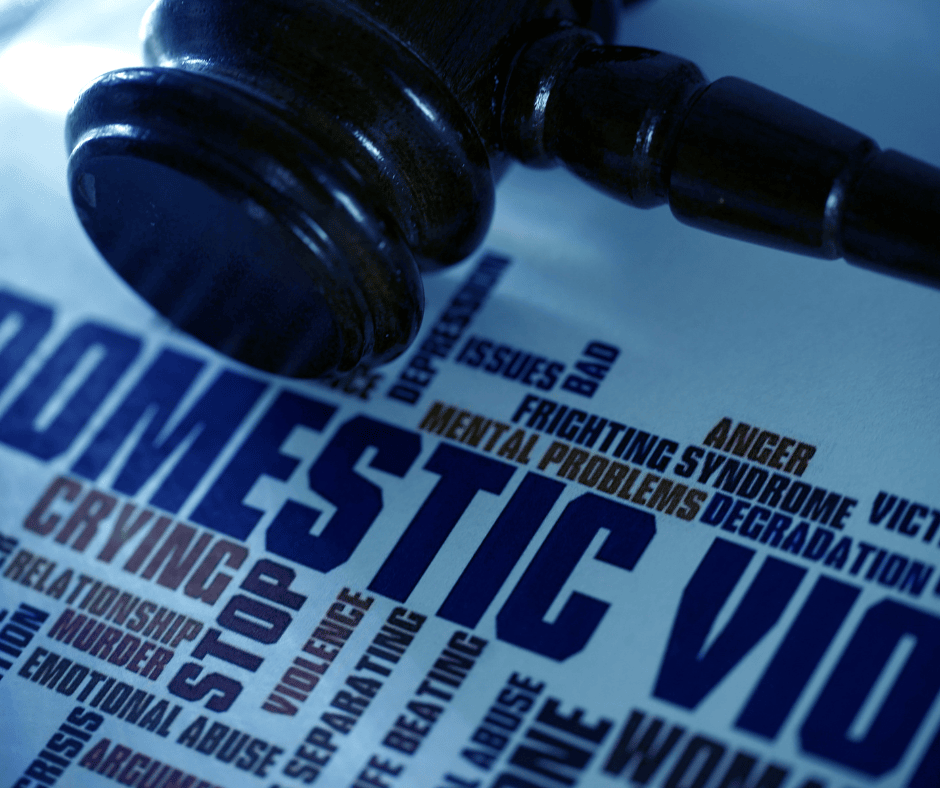Can Domestic Violence Charges be Dropped in North Carolina?

If you have been charged with domestic violence in North Carolina, you may wonder if the charges can be dropped. That’s understandable – no one wants to be thought of as a violent person or a criminal. Besides, a domestic violence conviction carries long-term consequences and stigma.
But North Carolina takes domestic violence cases very seriously and has strict laws to protect victims and hold perpetrators accountable for their actions. As such, it can be hard to have domestic violence charges dropped in the state.
Once a domestic violence incident is reported and the police take over, it ceases to be an issue of the victim versus the perpetrator and becomes a government versus offender issue. At this point, the decision to arrest or prosecute lies with the police or prosecutor, respectively.
Crimes of domestic violence are complicated. It’s best to consult with a criminal lawyer who can give you specific advice on your case and the best way to proceed.
What’s Considered Domestic Violence in North Carolina?
Domestic violence under North Carolina law, N.C.G.S. 15A-534.1, includes any violent or threatening behavior committed by one family or household member against another.
This can include:
- Physical violence
- Assault by Strangulation
- Sexual violence
- Emotional abuse
- Kidnapping
- Economic abuse
- Stalking
- Simple Assault
- Communicating Threats
- Injury to Real Property
- Injury to Personal Property
- Violation of Restraining Order
- Interference with Emergency Communications (911 Calls)
- Trespassing
It’s essential to note that domestic violence does not just refer to spousal abuse. It can also include abuse perpetrated by a child against a parent, siblings against each other, or any other type of family or household relationship.
Can Domestic Violence Charges be Dropped in N.C.?
No. Once the case is referred to the prosecutor’s office, it is up to the state to decide whether or not to pursue the charges. This is because domestic violence is a crime, and crimes are governed by the state.
Neither the perpetrator nor the victim has the power to issue criminal charges, nor can they drop existing charges. Domestic violence is a serious offense with potentially severe consequences.
How is Domestic Violence Categorized in North Carolina: Felony or Misdemeanor?
Domestic violence in North Carolina is typically charged as a misdemeanor. However, certain aggravating factors can result in the charges being upgraded to a felony.
These aggravating factors include:
- The use of a deadly weapon
- Strangulation
- Injury to an expectant mother or her unborn child
- An act of violence that results in serious bodily injury
- A history of domestic violence
- The presence of a minor child during the commission of the crime
If the charges are elevated to a felony, the penalties will be much more severe.
Dismissal of Domestic Violence Charges in N.C.
In North Carolina, domestic violence charges can be dismissed under certain circumstances. The most common reasons for dismissal are lack of evidence or cooperation from the victim. In some cases, the defendant may also be able to prove that the allegations were false or that the violence was not directed at a family or household member. If the charges are dismissed, the defendant will not have a criminal record. However, the victim may still pursue a civil restraining order.
However, in cases where the fault is evident, it might not be easy to get the case dismissed. Still, there are some exceptions. For example, bail for domestic violence crimes has special terms and conditions under N.C.G.S. 15A-534.1. It is the responsibility of a legally trained judge, and not a magistrate, to determine bail and conditions of release depending on the facts on a case-by-case basis. Failure to comply with this provision can lead to charges being dropped.
Again, domestic violence perpetrators arrested in N.C. have a chance of hearing as soon as possible, but this should be no later than 48 hours after arrest. Any delays in judicial review with no terms and conditions to be released can violate the perpetrator’s constitutional rights. In appropriate situations, this may lead to the charges being dropped.
Call a North Carolina Criminal Lawyer
If you have been charged with domestic violence in North Carolina, it is important to contact an experienced domestic violence lawyer as soon as possible. The consequences of a conviction can be severe, and you will need someone on your side who knows the law and how to protect your rights. McMinn, Logan & Gray will ensure that your rights are protected throughout the process and help you understand your options and make the best decisions for your case.
Frequently Asked Questions
Can a Victim Drop Charges in N.C.?
No. Once the matter is referred to the prosecutor’s office, it is up to the state to decide the cause of action. This is because domestic violence is a crime, and crimes are governed by the state. Neither the victim nor the perpetrator has the power to issue criminal charges, nor can they drop existing charges.
When Should I Call a Criminal Lawyer?
If you have been charged with domestic violence, it is important to contact an experienced criminal defense attorney as soon as possible. The consequences of a conviction can be severe, and you will need someone on your side who knows the law and how to protect your rights.
What Are the Penalties for Domestic Violence in N.C.?
The penalties for domestic violence in N.C. vary depending on the severity of the offense and whether or not it’s a first-time offense. Penalties can range from fines and probation to prison time.
What is the Bail for Domestic Violence in N.C.?
A judge sets the bail for domestic violence in North Carolina on a case-by-case basis. Factors that may be considered include the severity of the offense and the defendant’s criminal history.
